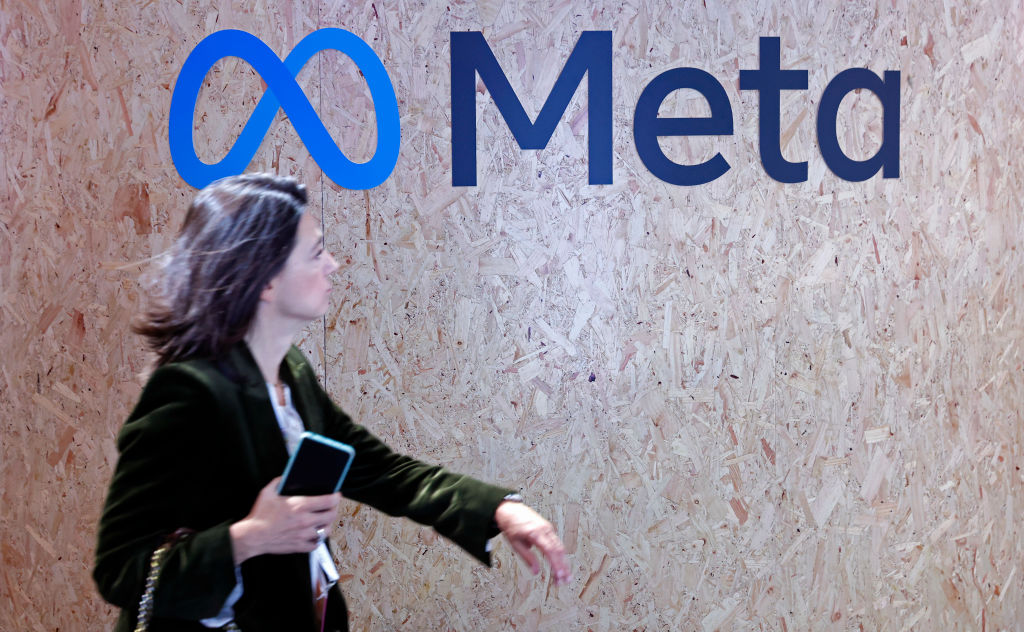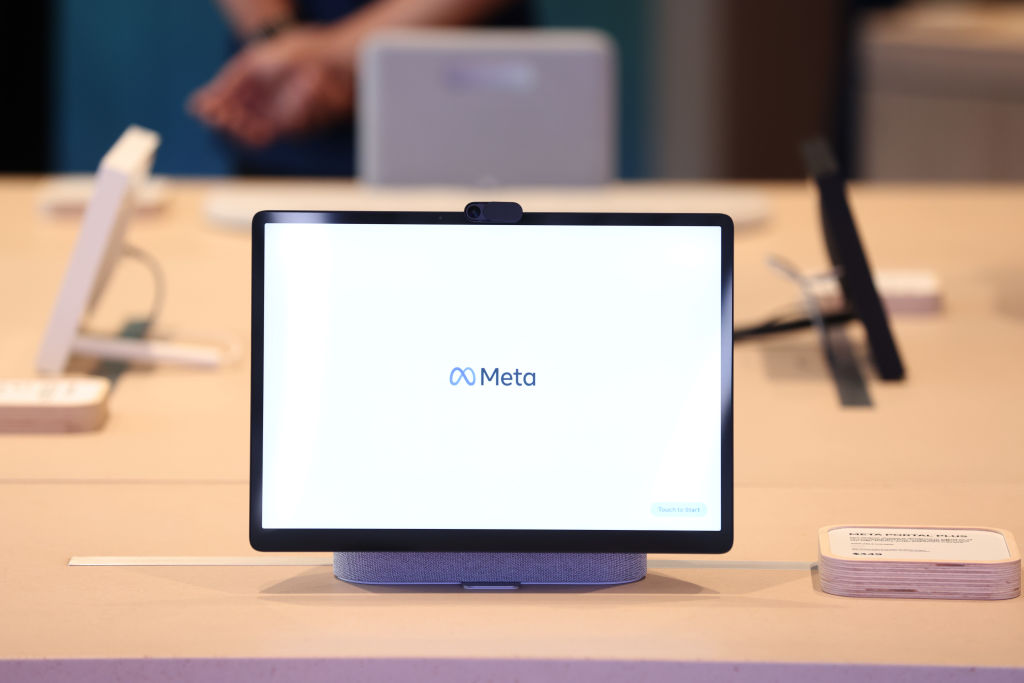Meta cannot charge European users for the privilege of not allowing the company to use their personal data, the EU has ruled.
The European Commission has told Meta that its “pay or consent” model does not comply with the bloc’s Digital Markets Act (DMA) following an inquiry into the matter.
On July 1, regulators said Meta’s subscription of up to €12.99 a month forced users to choose between paying a fee or allowing the firm to use their data for targeted advertising.
Such an ultimatum, the Commission says, is illegal.
“This binary choice obliges users to consent to the combination of their personal data, without offering them a less personalised but equivalent version of Meta’s social media,” the EC stated in a preliminary ruling.
The decision has been presented to Meta, which now has the opportunity to defend its subscription system by examining the Commission’s investigation documents and responding in writing to the conclusions.
The inquiry, initiated in March, was driven by concerns that the US-based tech giant did not offer an acceptable alternative for users who chose not to give their consent for personal data usage, potentially leading to unnecessary accumulation of such data by the platform.
The DMA stipulates that so-called online “gatekeepers” such as Meta, which owns Facebook, Instagram and WhatsApp, must obtain user consent to combine their personal data across designated core platform services and other services.
In response to the DMA regulations, Meta had introduced a binary offer where Facebook and Instagram users could choose between a monthly subscription to an ad-free version of those social networks or free access with personalised ads.
This prompted uproar from digital rights activists — who claimed the ultimatum was unfair — before attracting the attention of regulators.
The investigation will conclude in March 2025.
Since October 2023, the European Commission has deployed the Digital Services Act 56 times against major online platforms and search engines, with more than 50 per cent of cases targeting Meta, X, and TikTok.
?? Read more https://t.co/EzxNi1jjjb #techupdates #technologycompany pic.twitter.com/b3qEtW7IQR
— Brussels Signal (@brusselssignal) May 21, 2024





